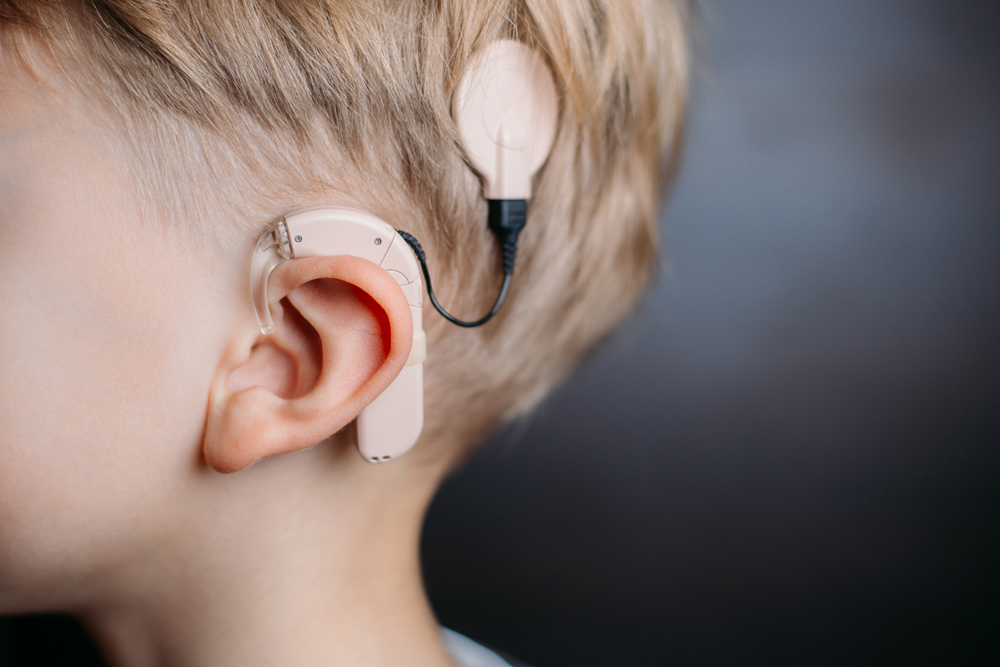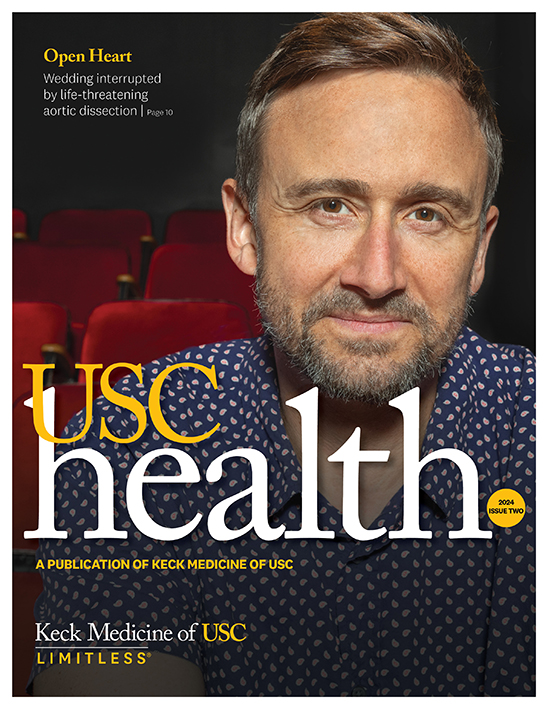
The devices boost skill development for infants with hearing loss and severe developmental delays more than hearing aids, new research finds.
Up to three out of every 1,000 infants in the United States are born with profound hearing loss.
Infants with hearing loss typically are first treated with hearing aids. If these fail to help them develop early language and speech skills, they then become eligible for cochlear implants — considered the gold standard of treatment — at 12 months or older.
Cochlear implants are small, electronic devices surgically placed under the skin that stimulate nerve endings in the ear to provide a sense of sound.
But some insurance companies have traditionally denied coverage of cochlear implants to deaf children with severe developmental delays under the belief that the implants will not help them learn to communicate.
[Cochlear implants] improve the skills of deaf children with early developmental impairment across the board in every skill tested.”
John Oghalai, MD, otolaryngologist, Keck Medicine of USC
A Keck Medicine of USC study has found that cochlear implants can make a big difference for infants with hearing loss and severe developmental delays.
The implants “improve the skills of deaf children with early developmental impairment across the board in every skill tested,” says John Oghalai, MD, an otolaryngologist with Keck Medicine and lead author of the study, which was published in May in the journal Pediatrics.
Cochlear implants vs. hearing aids for children
In 2010, researchers identified children with severe to profound hearing loss at two large pediatric cochlear implant centers in Texas and California.
Children were given a baseline assessment in cognition, adaptive behavior, language and auditory skills; some were identified as having learning delays.
All infants began the study wearing hearing aids. From the approximately 200 children enrolled in the study, researchers identified and compared the progress of those who continued to use hearing aids and those who received cochlear implants in the following years.
By the final assessment, children with cochlear implants — including those with learning delays — showed up to almost 25% more improvement in the tracked skills.
Topics


